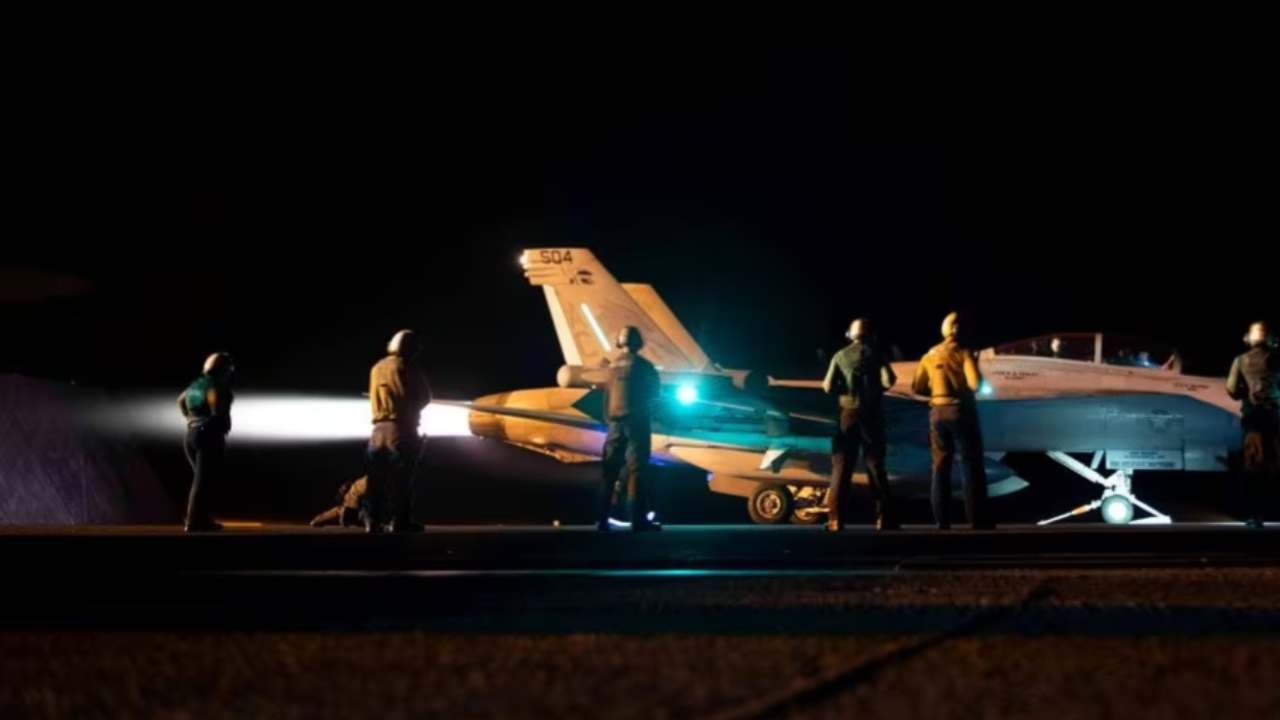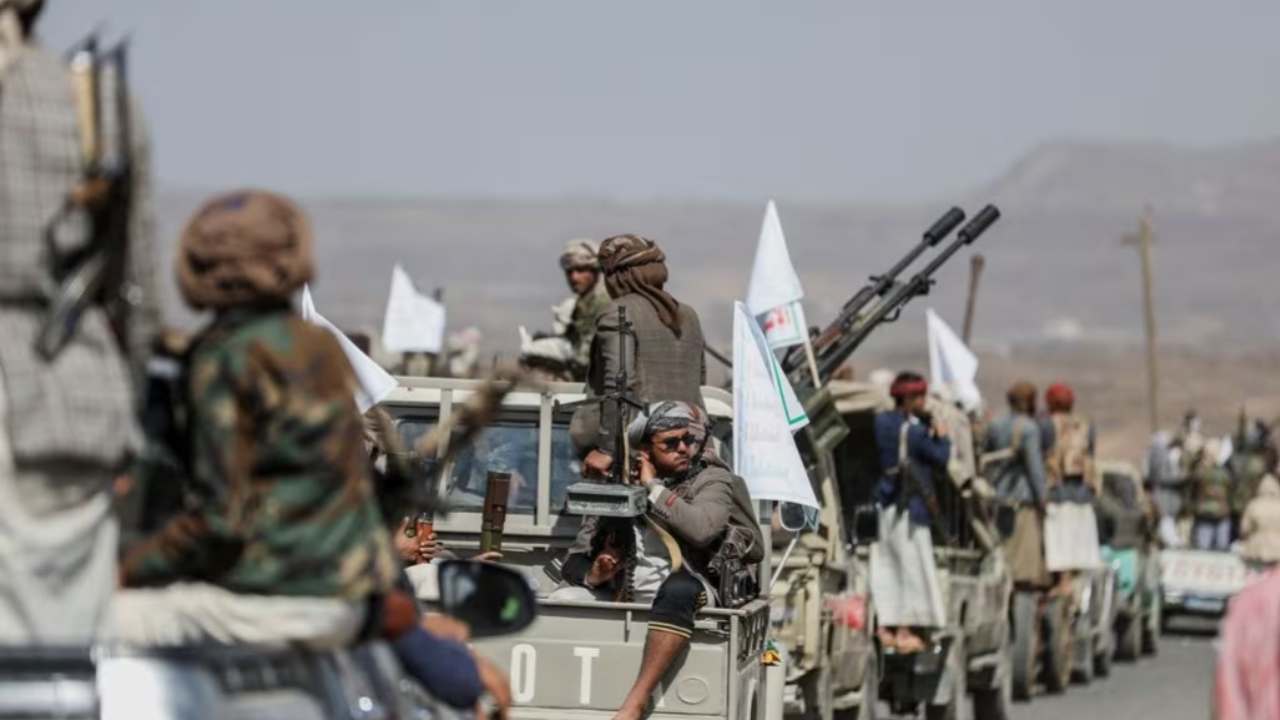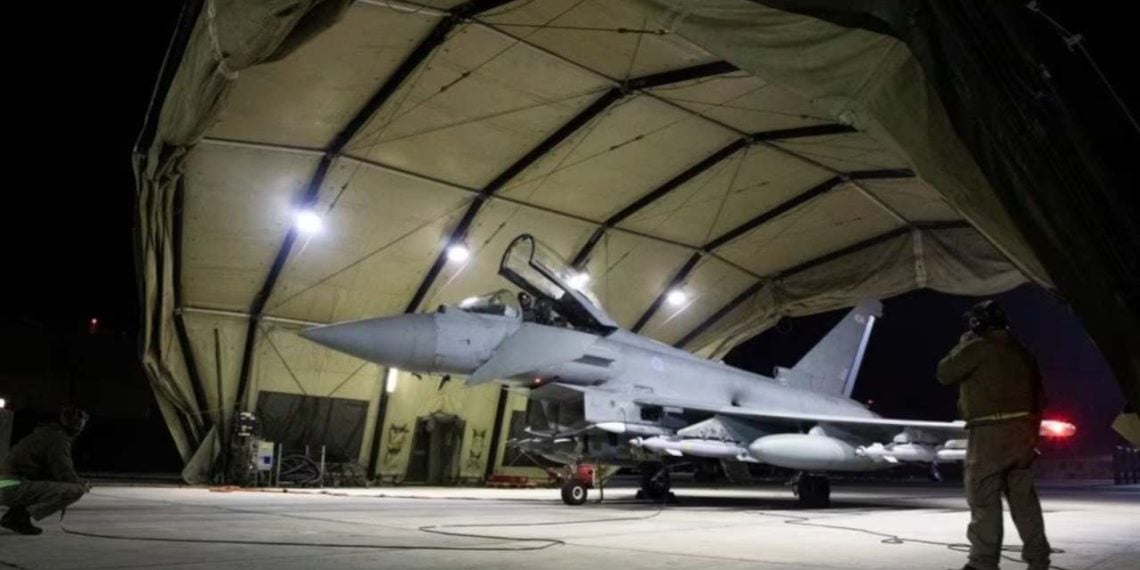The US Central Command (Centcom) reported additional strikes against the Iran-backed Houthi group in Yemen on Sunday. The targets included a land-attack cruise missile and four anti-ship missiles, positioned for launch in the Red Sea. This follows joint US-UK strikes on Houthi targets the previous day.
Furthermore, the US has issued a warning, expressing its intention to pursue additional actions against Iran-backed groups in Iraq and Syria.
On Friday, the US conducted strikes against targets associated with the Iranian Revolutionary Guards Corps (IRGC) Quds Force and affiliated militias in Iraq and Syria. This action was in response to a drone attack on a military base in Jordan on January 28, resulting in the deaths of three US soldiers. National security adviser Jake Sullivan has indicated that additional measures will be taken to deter the militias

US Secretary of State Antony Blinken is embarking on a Middle East trip, with scheduled stops in Israel, Egypt, Qatar, Saudi Arabia, and the West Bank.
Mr. Sullivan stated that Mr. Blinken’s “top priority” is brokering a deal between Israel and Hamas, focusing on securing the release of hostages in exchange for a temporary cessation of hostilities in Gaza. The emphasis is on relentless pursuit, but the decision lies with Hamas, according to Mr. Sullivan.
The Hamas-run health ministry claims more than 26,000 Palestinians have died in Israel’s offensive triggered by Hamas’s attack, which killed about 1,300 in southern Israel. The Houthis’ Red Sea attacks, in solidarity with Hamas, have disrupted shipping, leading to a decline in Suez Canal revenue for Egypt.
Saturday’s joint US-UK strikes illuminated the night sky in Yemen’s capital, Sana’a, causing houses to shake, according to a human rights activist and local resident. In response, Houthi officials expressed defiance and pledged retaliation. Military spokesman Yahya Sarea emphasized that the attacks would not deter their support for the Palestinian people in Gaza and vowed a response.
The White House cautioned that its airstrikes on Iran-backed targets in Iraq and Syria mark “the beginning, not the end” of its response to Iran. Iran denies involvement in the deadly drone attack on the US base in Jordan, while a group linked to Iran, the Islamic Resistance in Iraq, has claimed responsibility. But the US accuses Tehran of having its “fingerprints” on the attack and said the drone was Iranian-made.
In a letter to the US Congress on Sunday, President Joe Biden stated that the retaliatory strikes on Friday targeted facilities used by Iran’s armed forces, specifically the Islamic Revolutionary Guard Corps (IRGC), and militia groups associated with the IRGC.
The IRGC is believed to have armed, funded, and trained the Islamic Resistance in Iraq. The sites hit included those used for command and control, weapons storage, training, logistics support, and other purposes. The purpose of the strikes was to deter these groups from further attacks, conducted with an effort to limit the risk of escalation and avoid civilian casualties.
President Biden stated that he would “direct additional measures, including against the IRGC and IRGC-affiliated personnel and facilities, as appropriate.”
The American retaliation is garnering increased condemnation from regional entities, including the governments of Iraq and Syria.

“No warning was given during the strike or the night of the strike,” Farhad Alaaldin, a senior adviser to Iraq’s prime minister, told the BBC’s Newshour programme about Friday’s strikes.
The Iraqi official emphasized that the “issue of warning or no warning makes no difference to the fact that Iraq is a sovereign state.” In Baghdad, a crowd gathered on Sunday to mourn 17 militia members killed in the US airstrikes. Chanting “America is the greatest devil” and holding pictures of the victims, they followed a procession of ambulances carrying the bodies.
Oman’s foreign minister, Badr Albusaidi, expressed “grave concerns over the continuous escalation in the region” on Sunday, questioning the effectiveness of US retaliatory attacks. In a statement shared with the Oman News Agency, Albusaidi emphasized that such actions compromise the region’s safety, stability, and efforts to tackle challenges like violence and extremism.
Washington perceives the strikes as having a “good effect in degrading militia capabilities,” stated Mr. Sullivan on Sunday. He emphasized that the US is not seeking an open-ended military campaign in the Middle East but is prepared to address any threats posed by groups.
However, he did not disclose whether the US had ruled out strikes inside Iran. Following the strikes in Iraq and Syria, there was one attack on American forces at Euphrates in Syria, using rockets, with no reported injuries or damage.




